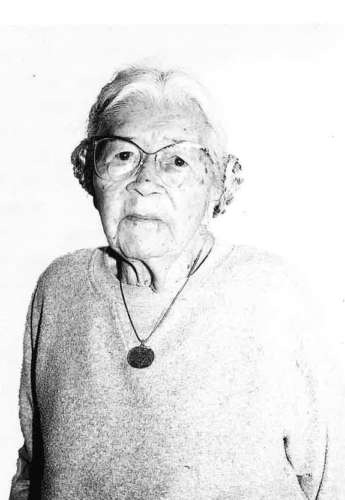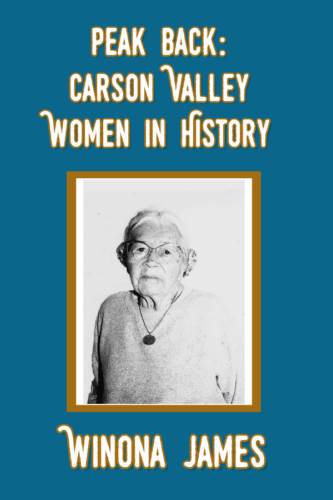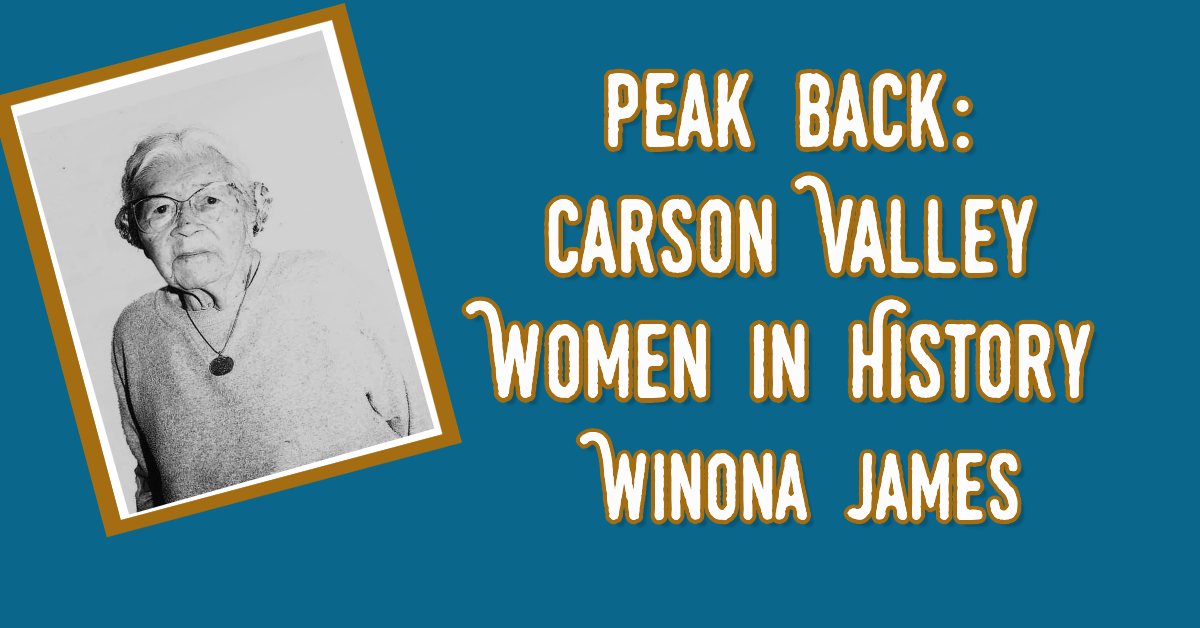 March is Women’s History Month, a time we proudly look back with appreciation to honor the women that shaped Carson Valley into the destination that it is now. With help from the Douglas County Historical Society and their Van Sickle Research Library, we are happy to bring you their stories. From nurses to pioneers, Carson Valley has been home to many influential women and we don’t see that changing anytime soon.
March is Women’s History Month, a time we proudly look back with appreciation to honor the women that shaped Carson Valley into the destination that it is now. With help from the Douglas County Historical Society and their Van Sickle Research Library, we are happy to bring you their stories. From nurses to pioneers, Carson Valley has been home to many influential women and we don’t see that changing anytime soon.
Each year the Douglas County Historical Society (DCHS) recognizes women for their significant historical contributions. DCHS reached out to the community asking for nominees to be submitted into The Remembering Women in History Project. The women nominated have their histories archived at the Carson Valley Museum & Cultural Center in Gardnerville. Future generations will have access to their stories, allowing them to appreciate the efforts it took to develop our beautiful Carson Valley.
Each story represents a nomination brought forth from The Remembering Women in History Project. This peak back in time features a nomination from 2001 honored by the Genoa Sesquicentennial Committee, a woman of courage who witnessed unbelievable changes in her lifetime, Winona James.
“Winona James was born in 1903 in a teepee near First and Genoa Streets in Genoa. Her parents died when she was very young so she lived with her grandmother in the traditional Washo lifestyle of that era.
During that time, all Native American children were gathered up and taken to Stewart where they lived and attended school. Once in the school, chances of getting to see one’s family were very slim. She attended the school for about a year, then returned to her grandmother’s. When the officials came again to gather the children to take them to Stewart, Winona’s grandmother hid her. Although Native American’s weren’t allowed to attend “white man’s schools,” her grandmother persisted and finally with the help of Fred Allerman and William Hansen, Winona became the first Native American to attend the Mottsville School, probably the first Native American to attend any of the white man’s schools in the entire area.
Winona, in her own quiet way, became a civil rights activist for her people. For many years Native Americans were not allowed in local restaurant dining rooms. Winona challenged this prejudice in a polite, logical manner and soon area restaurant dining rooms were integrated.
Winona James might be called the Rosa Parks of the local Native American movement. She is a woman of courage and dignity who saw unbelievable changes in her lifetime.”
If you would like to learn more about Winona James and the rich history of Carson Valley, stop by the Museum and Cultural Center at 1477 Highway 395 in Gardnerville from 10:00 am to 4:00 pm Monday thru Friday (excluding holidays).




